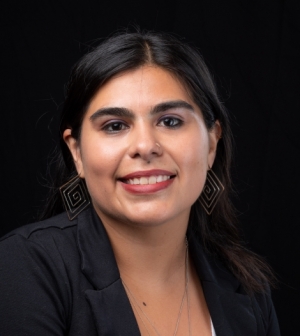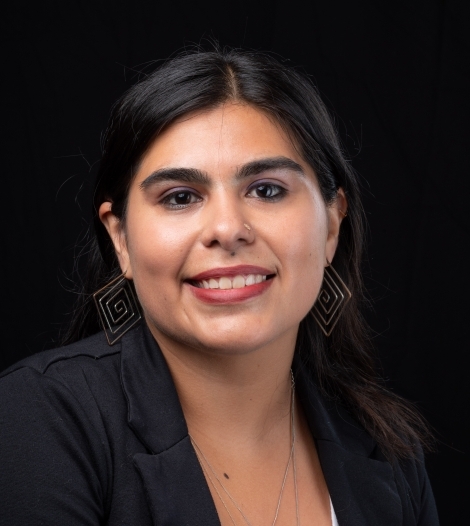So far, 2020 has seen the emergence and strengthening of various social movements. More than ever, there are discussions of what our society can improve upon. One of the people taking a closer look at current social issues is Dr. Felicia Arriaga, assistant professor, Department of Sociology.
Arriaga has a background investigating various jail policies, which led her to examine how these sites were handling the global pandemic. With the help of two of her colleagues, Jasmine Heiss from the Vera Institute of Justice and Max Rose from Sheriffs for Trusting Communities, their work was recently published in the first edition of “Social Problems in the Age of COVID-19,” a book discussing various social problems that have been perpetuated by the global pandemic. Their contribution is titled “Chapter 3: Incarceration During COVID-19: Jail Shouldn’t Be a Death Sentence.”
Arriaga is a tenure-track assistant professor in Appalachian State University’s Department of Sociology, with a focus in criminology. She hopes that her work at the university will foster discussions about significant social issues.
“I’m especially interested in how these policies and procedures relate to issues of criminal justice accountability, transparency and reform,” said Arriaga.
More specifically, the first volume of the book states that it “provides accessible insights into pressing social problems in the United States in the aftermath of the COVID-19 pandemic and proposes public policy responses for victims and justice, precarious populations, employment dilemmas and health and well-being.”
“As we have all been affected by the COVID-19 pandemic, it is our hope that folks will find our work immediately useful to inform positive social action. This and other pieces in the volume will provide brief context to some pressing issues of the pandemic,” explained Arriaga.
Additionally, an excerpt from the article reads: “As investment in and oversight of law enforcement gains national attention, local reformers continue to advance decarceration and decriminalization. These efforts, including the response to the murders of George Floyd and Breonna Taylor, are pushing for a future where any interaction with jails is far more limited and won’t be a death sentence.”
Arriaga and her colleagues will continue to monitor current conditions through policy analyses. They hope that through their research and advocacy efforts, “Another world is possible.”
About Dr. Felicia Arriaga
Originally from Western North Carolina, Arriaga considers herself a public-sociologist. She completed her undergraduate, master’s degree and Ph.D. in sociology at Duke University. Her research interests are in the areas of race and ethnicity, immigration and crimmigration (criminalization of immigration policy and procedure).
###
About the Department of Sociology
The Department of Sociology offers a Bachelor of Arts and six Bachelor of Science concentrations (applied research methods; criminology; deviance and law; families and intimate relationships; gerontology; social inequalities; and individually designed, which requires departmental approval). The department also offers minors in sociology and gerontology, plus two online graduate certificates in gerontology and sociology. Learn more at https://soc.appstate.edu.
By Sophia Woodall
Sept. 4, 2020
BOONE, N.C.

